One of the most shocking headlines of the day, may not be true. In fact it’s not, the story was widely reported that CNN aired a transgender porn movie instead of “Parts Unknown” starring Anthony Bourdain. It appears the entire thing was an elaborate hoax.
Fake news has been the focus of many outlets attempting to explain the election of Donald Trump. The media has chosen to blame said “fake news” outlets, instead of examining their own role. We shouldn’t be surprised that someone was able to pull this one off.
As the saying goes.. too good to check…
No, despite what you read, CNN did not run porn for 30 minutes last night, as was reported by Fox News, the New York Post, Variety and other news organizations, several of which later corrected their stories.
User @solikearose tweeted that Anthony Bourdain’s “Parts Unknown,” travel show had been replaced, instead, by 30 minutes of porn, via the RCN Boston cable network. That tweet, bolstered by a statement from CNN that seemed to confirm the mishap, was the basis of stories from the U.K Independent and other outlets.
More from USA Today:
“Despite media reports to the contrary, RCN assures us that there was no interruption of CNN’s programming in the Boston area last night,” said CNN in a statement.
RCN chimed in with a similar statement, “We have not had any reports of the programming issue you mentioned,” it said in a tweet to @solikarose.
CNN however, did initially confirm the story which is why some outlets likely ran with it. Once the story was reported by the likes of CNN, Fox, and the New York Post, it became “true” and spread like wildfire.
CNN denied airing 30 minutes of inappropriate content on Thursday night after initially blaming local cable television provider RCN for the mishap, the network clarified on Friday.
“The RCN cable operator in Boston aired inappropriate content for 30 minutes on CNN last night,” the network said in their original statement. “CNN has asked for an explanation.”
The big media networks, so often decried by Trump and Bernie supporters this year, responded to that criticism by blaming fake news instead of addressing their own shortcomings. Most often they are the ones with the problem. Yet they are still the source of most of what people read online, from their own websites to social media, to blogs, and beyond.
Outlets like “The Onion” have perfected satire that often you’ll see the headline, “Not The Onion”, but at this point who can tell without that disclaimer?
As consumers of news we have to wonder these days what we can trust, even when it comes from the horse’s mouth, so to speak. As Kira Davis noted a few weeks ago, if it sounds too good to be true … it probably is.
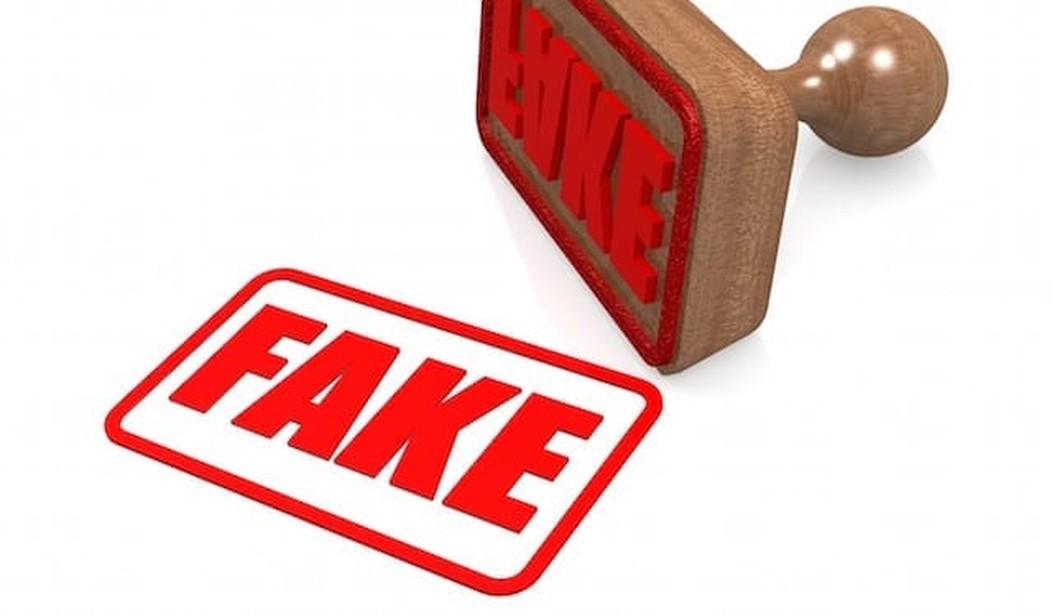
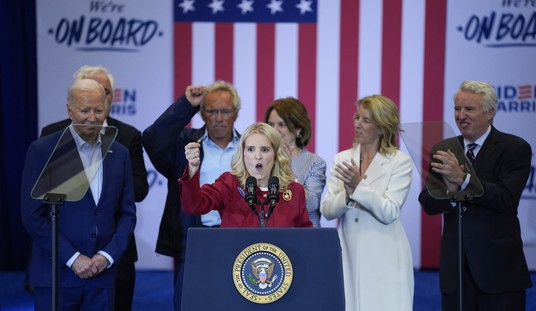


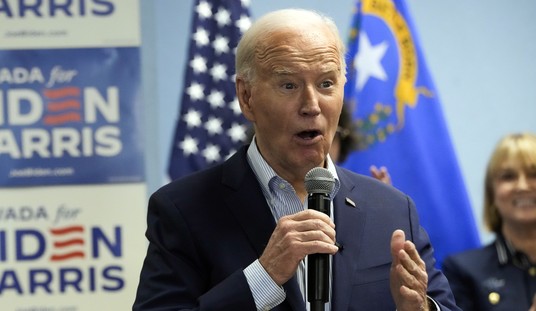


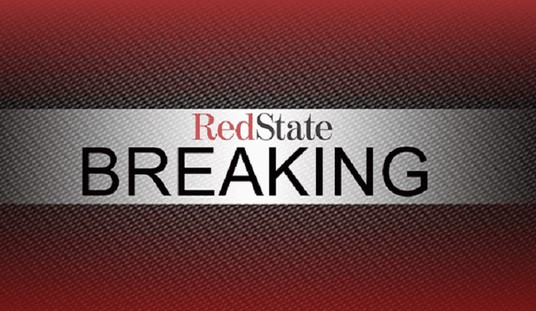
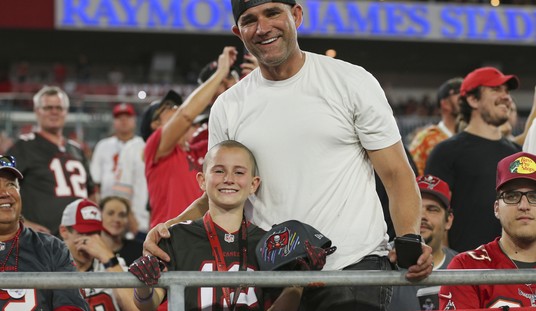

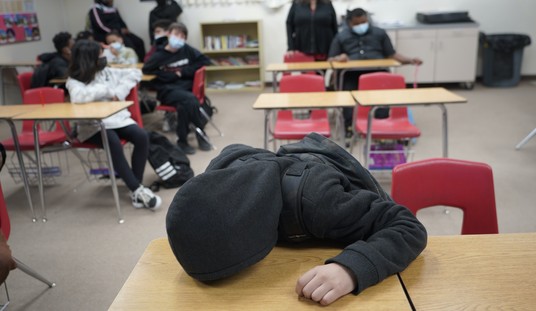

Join the conversation as a VIP Member